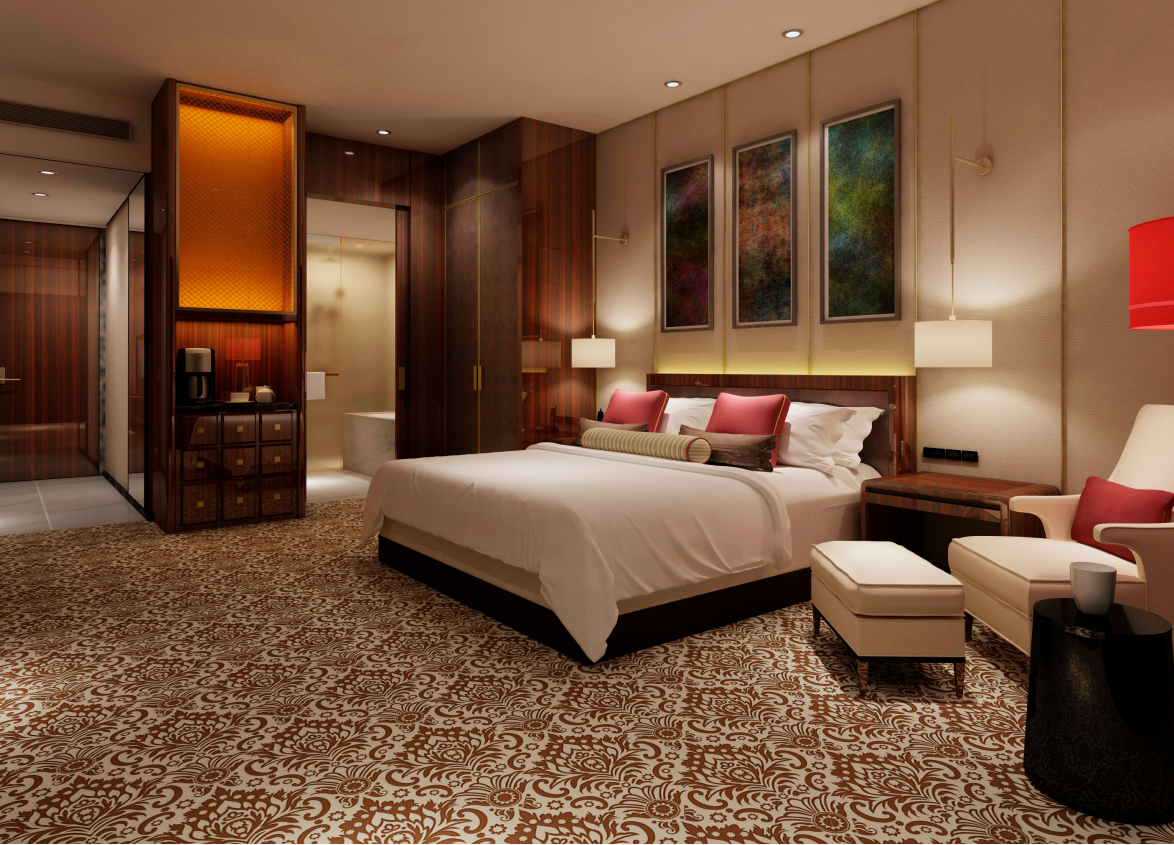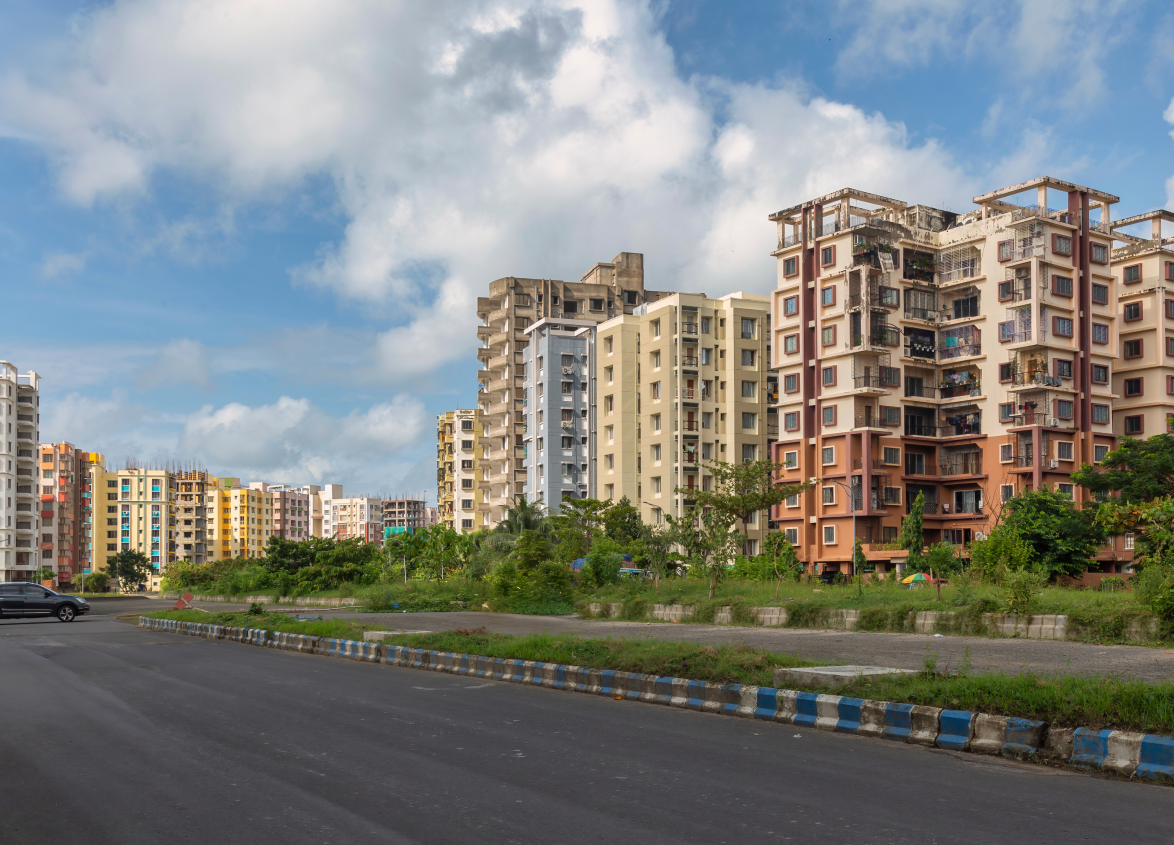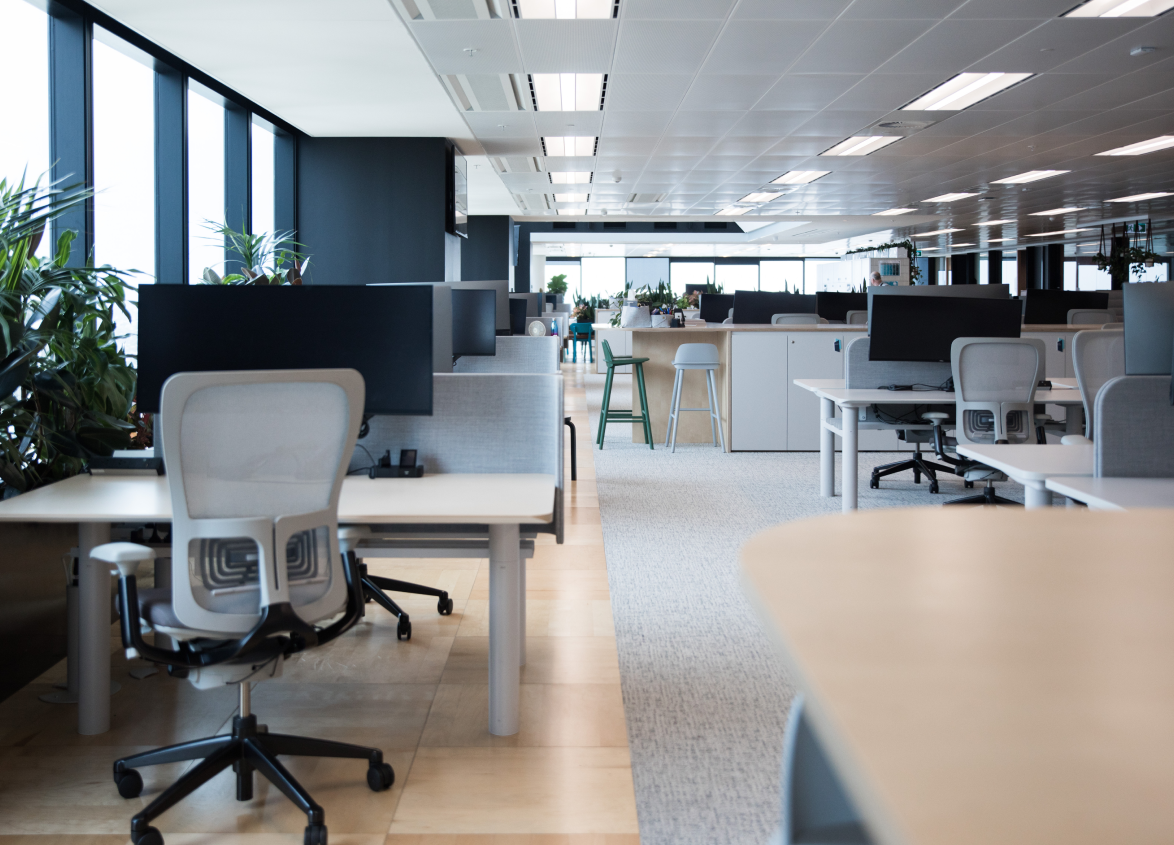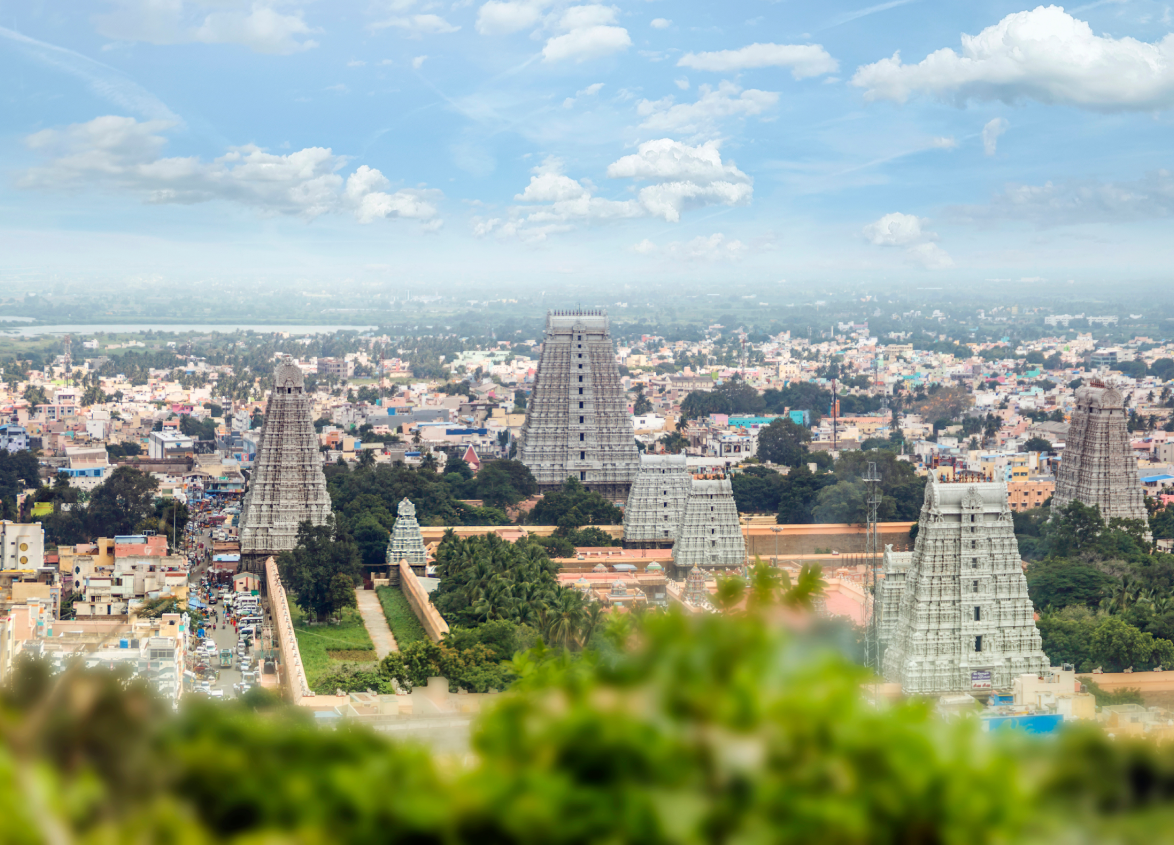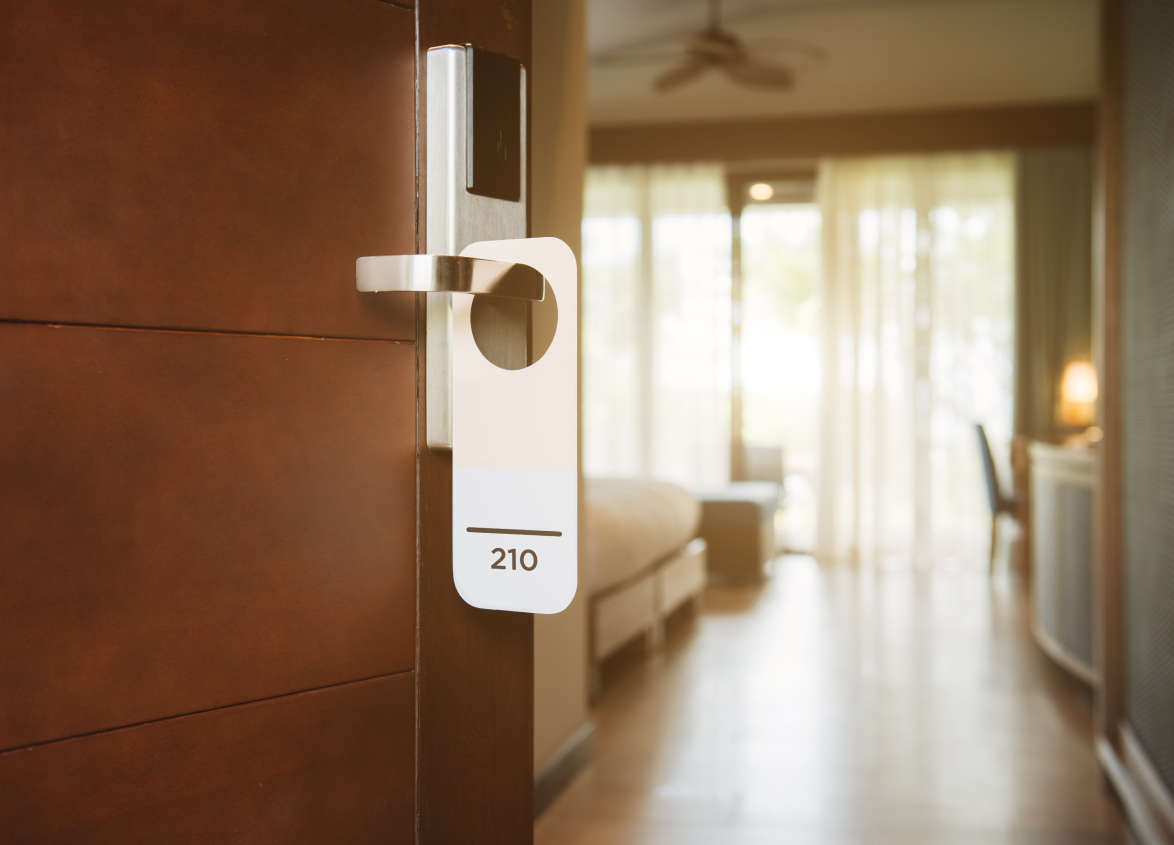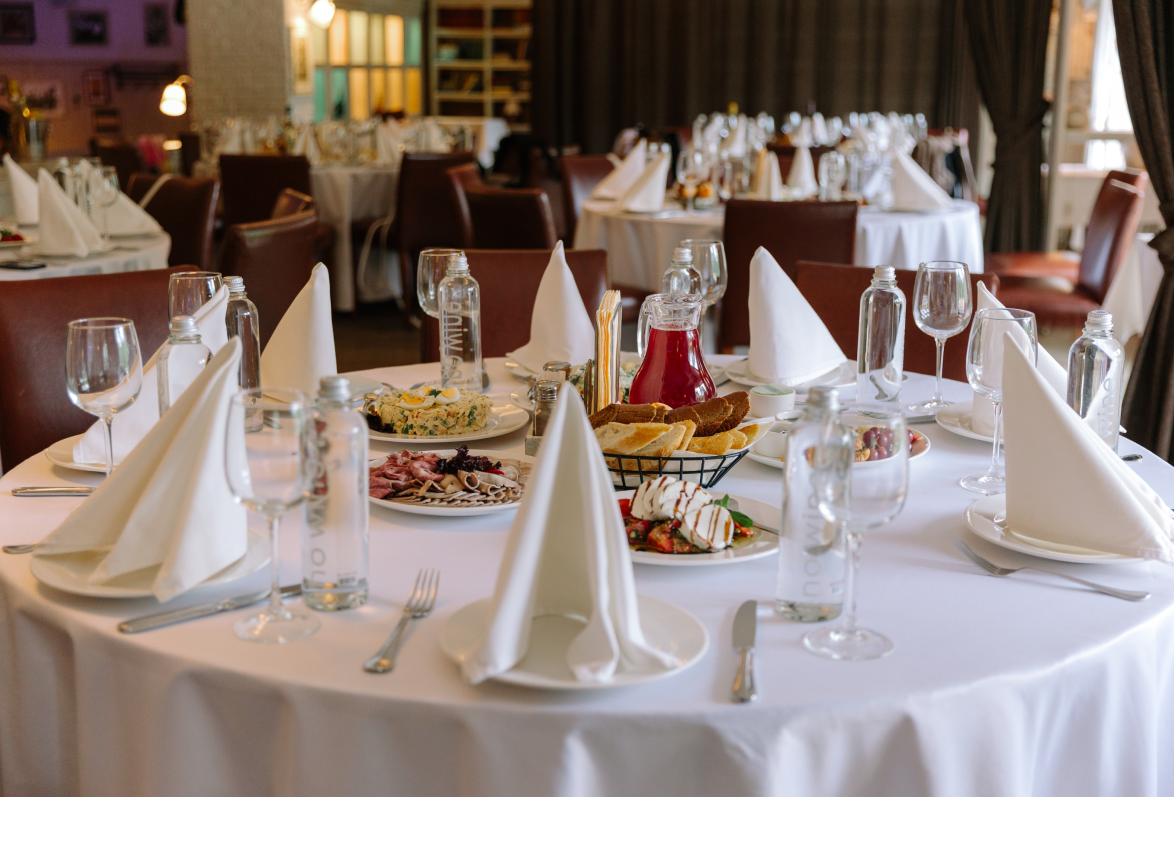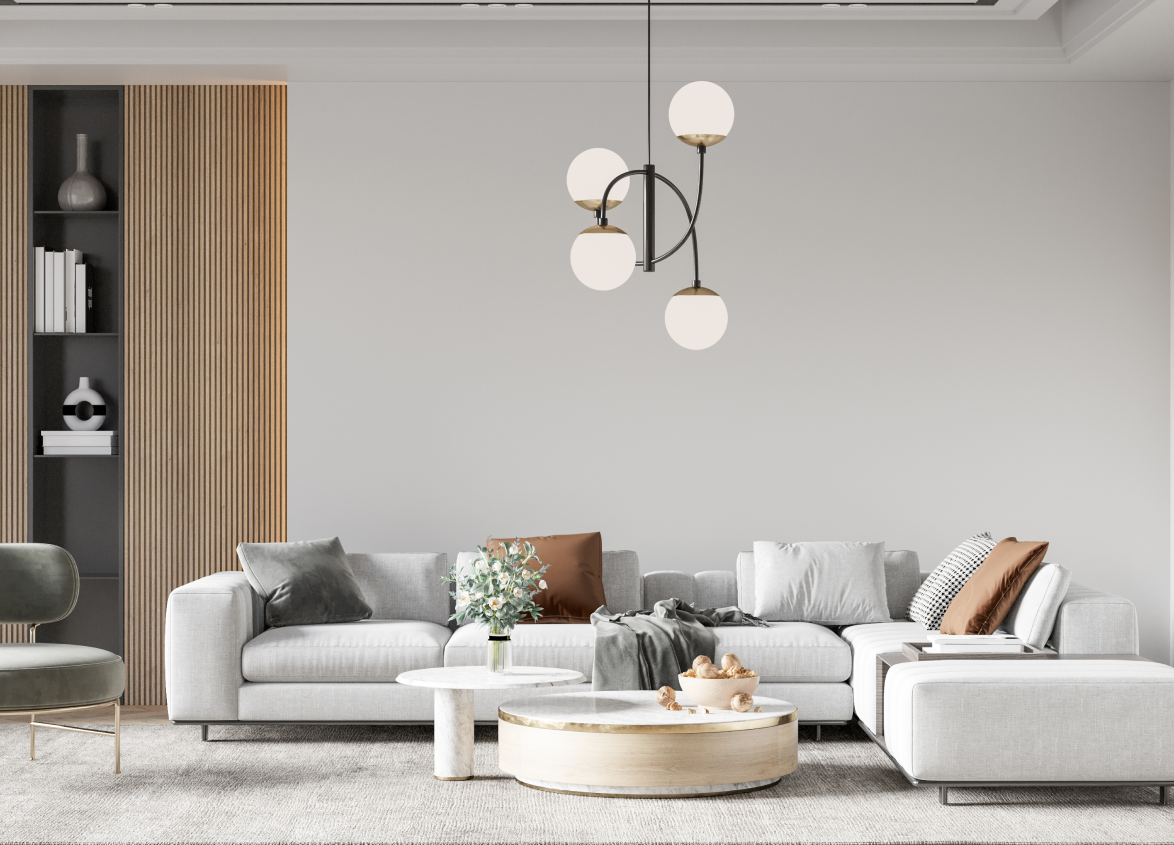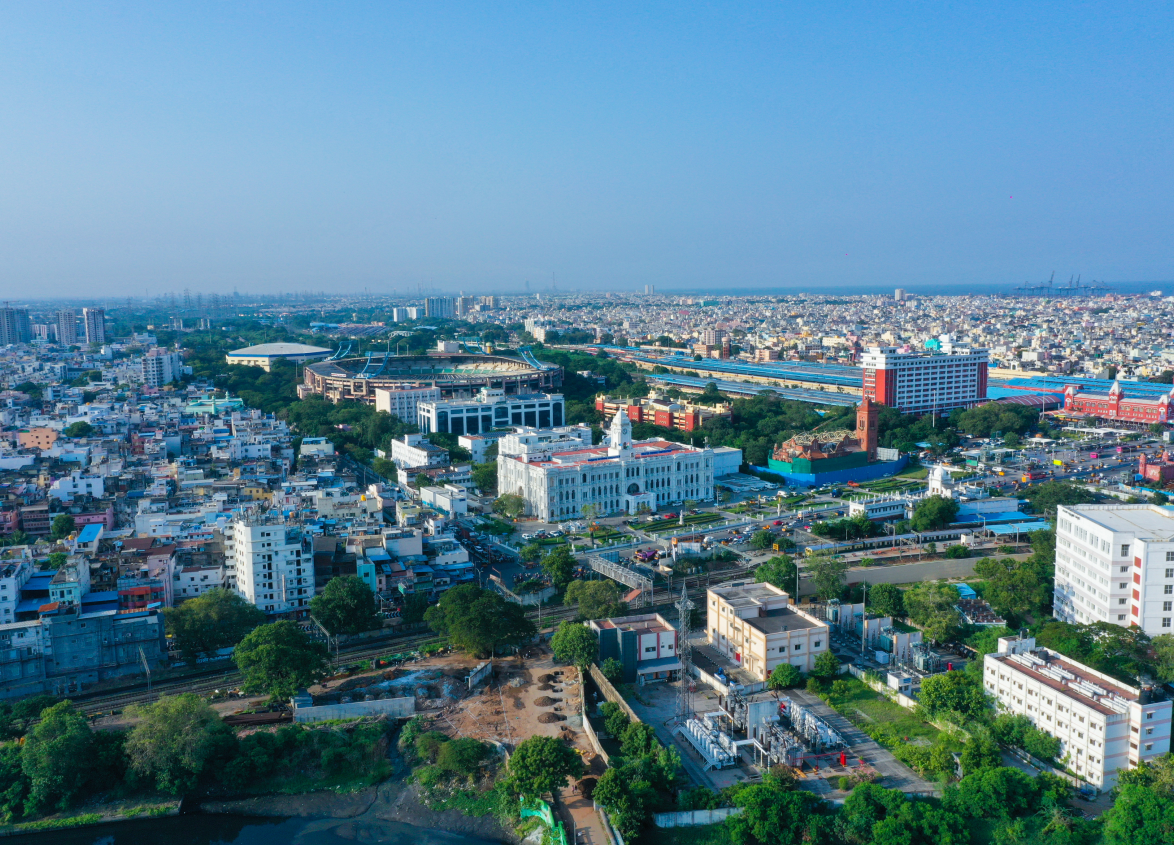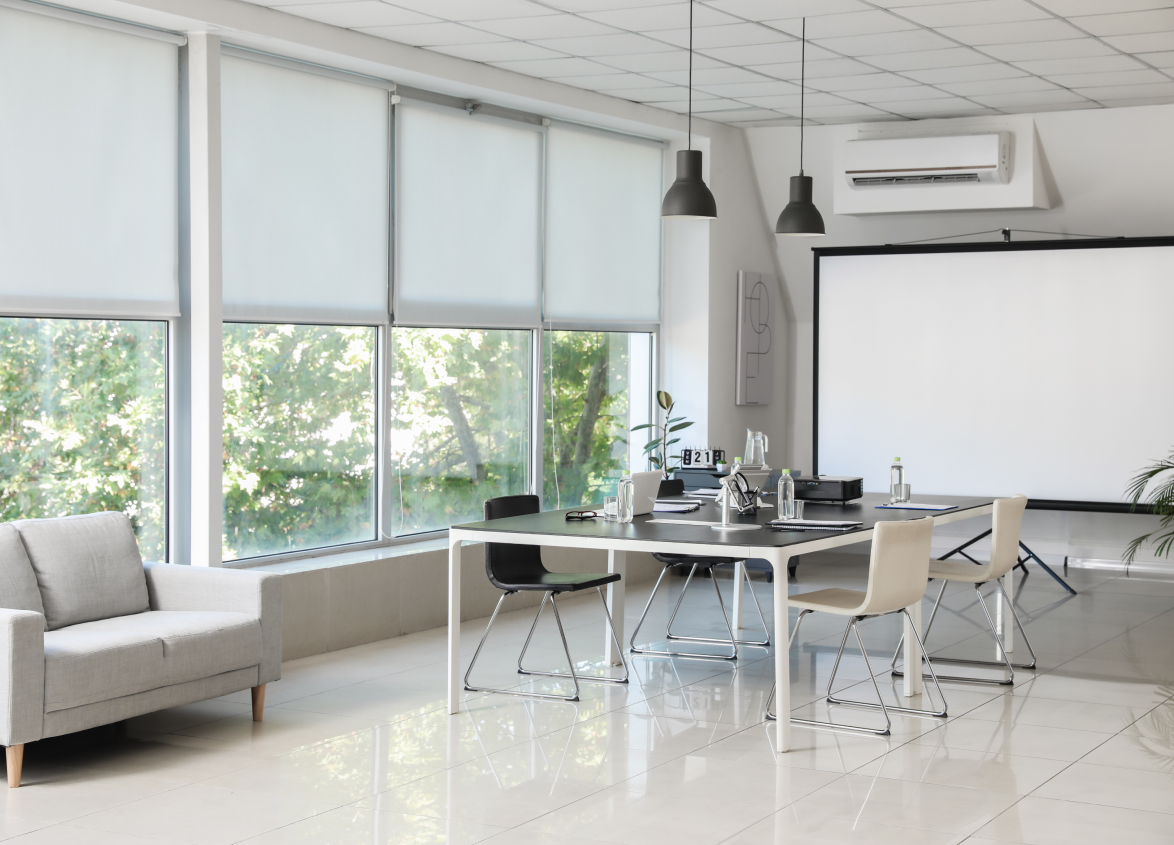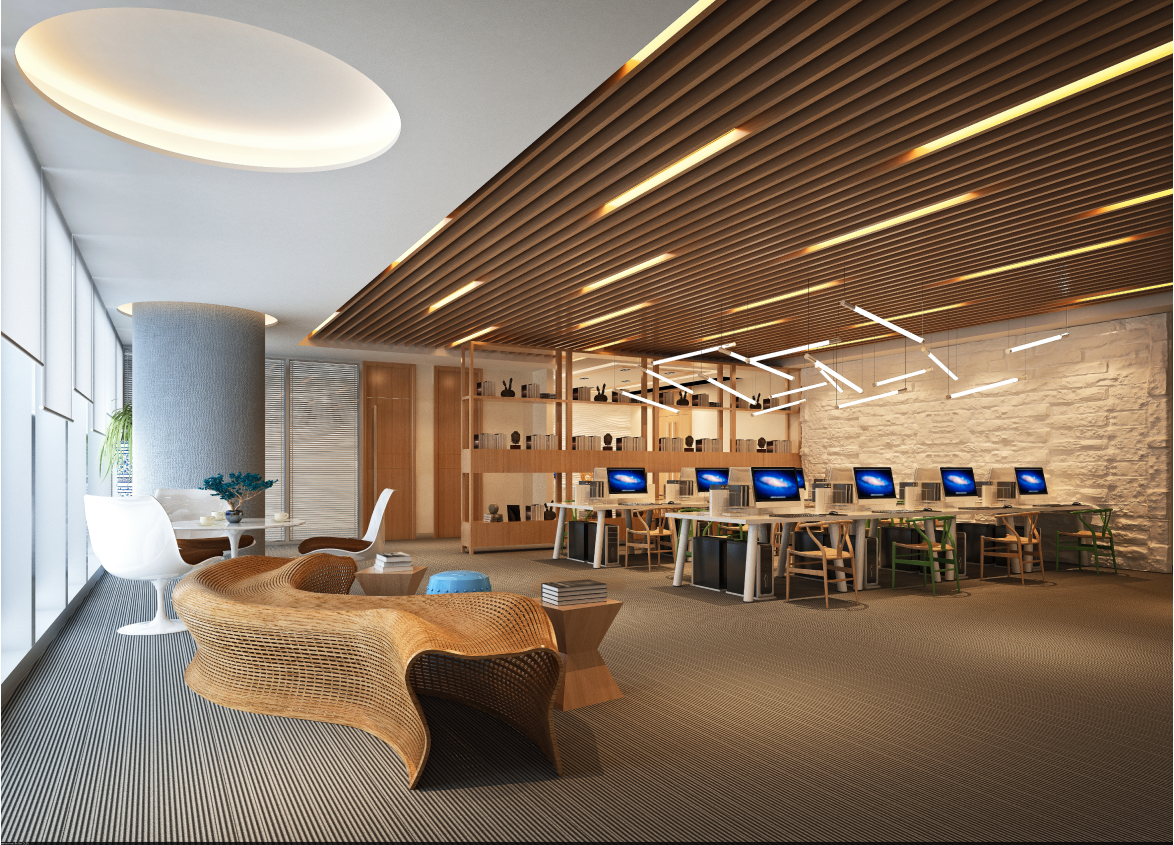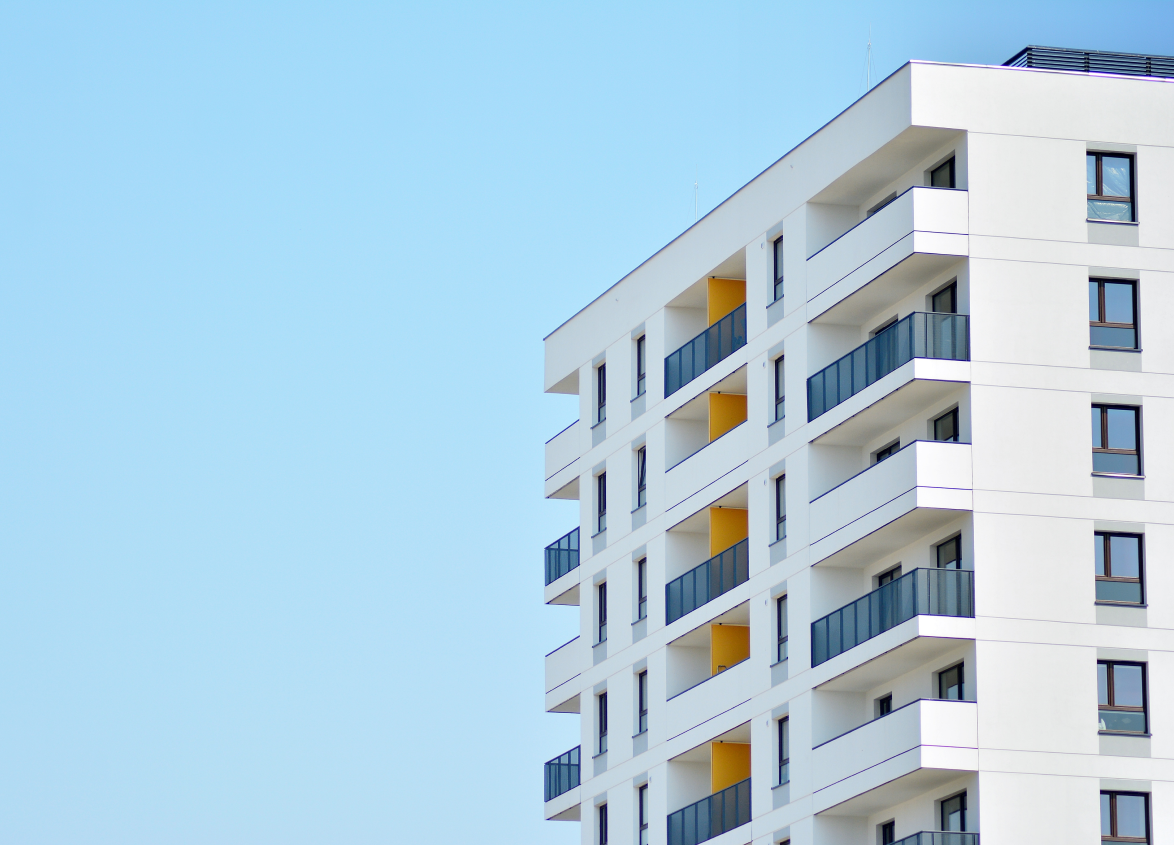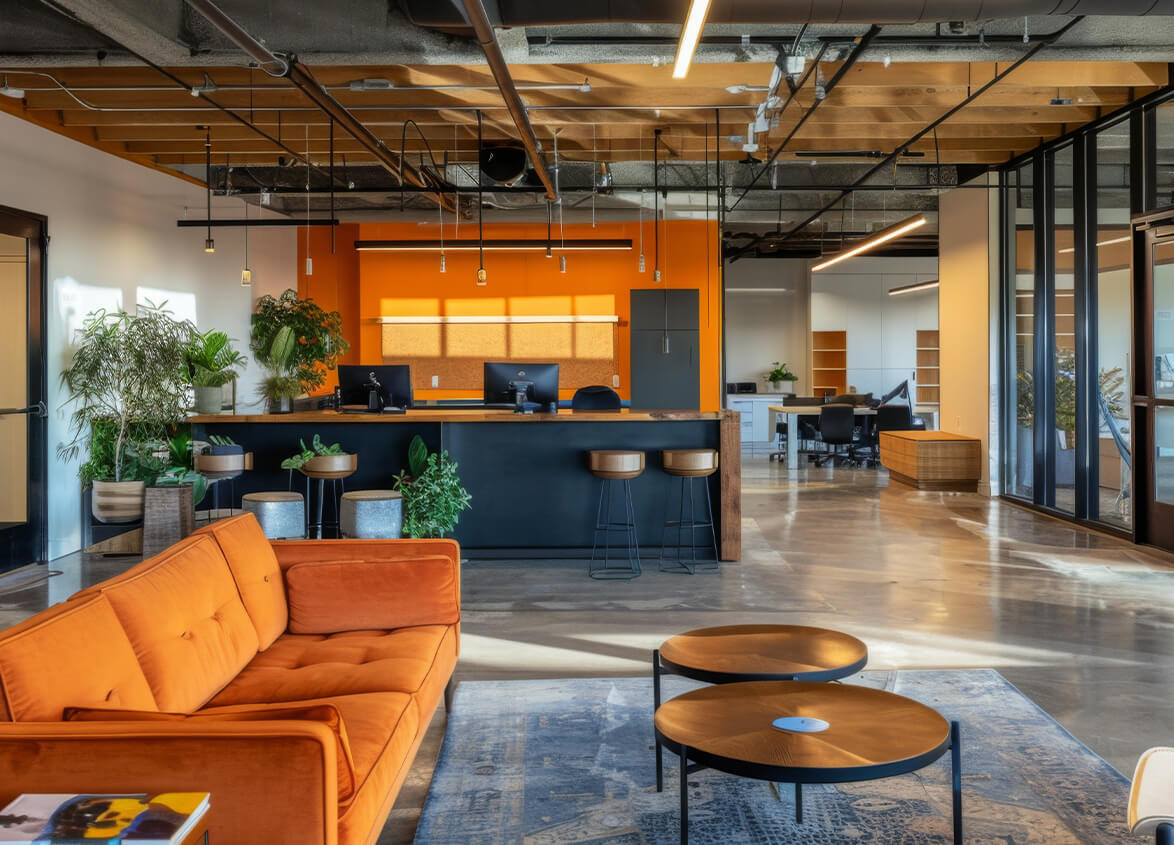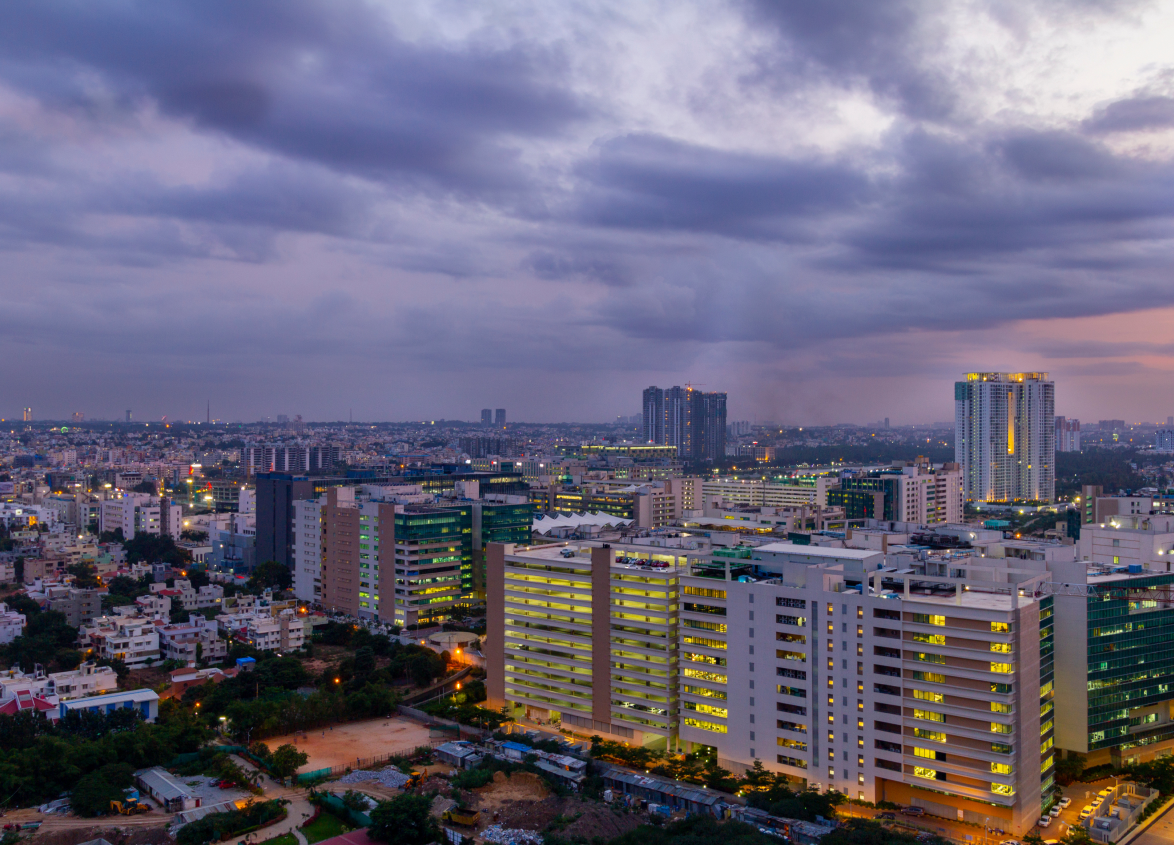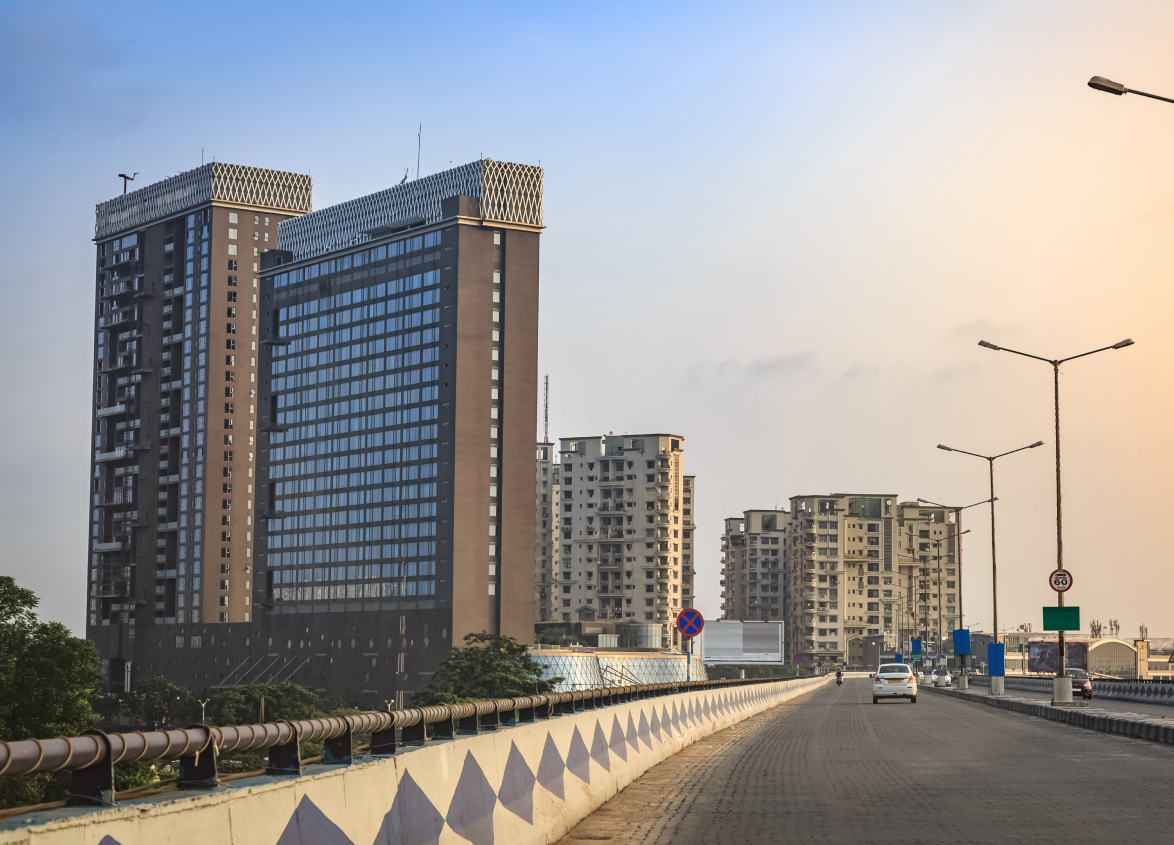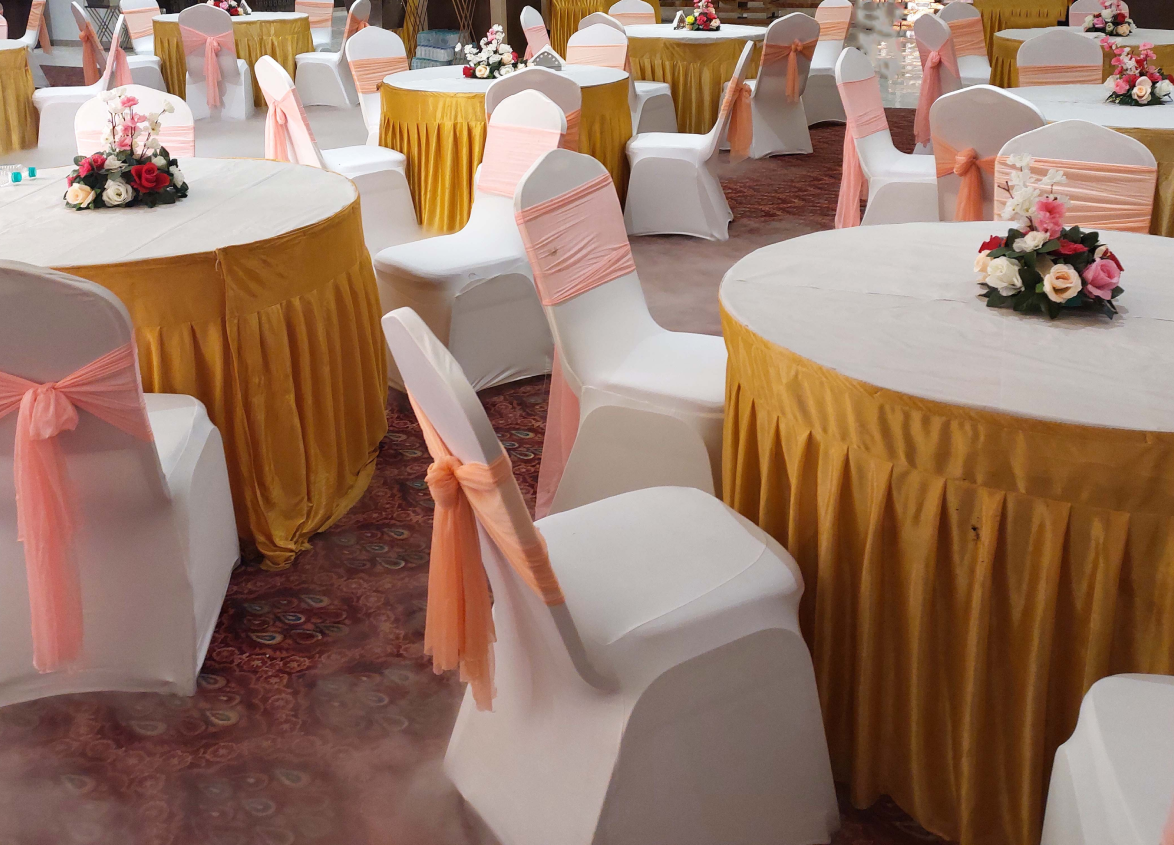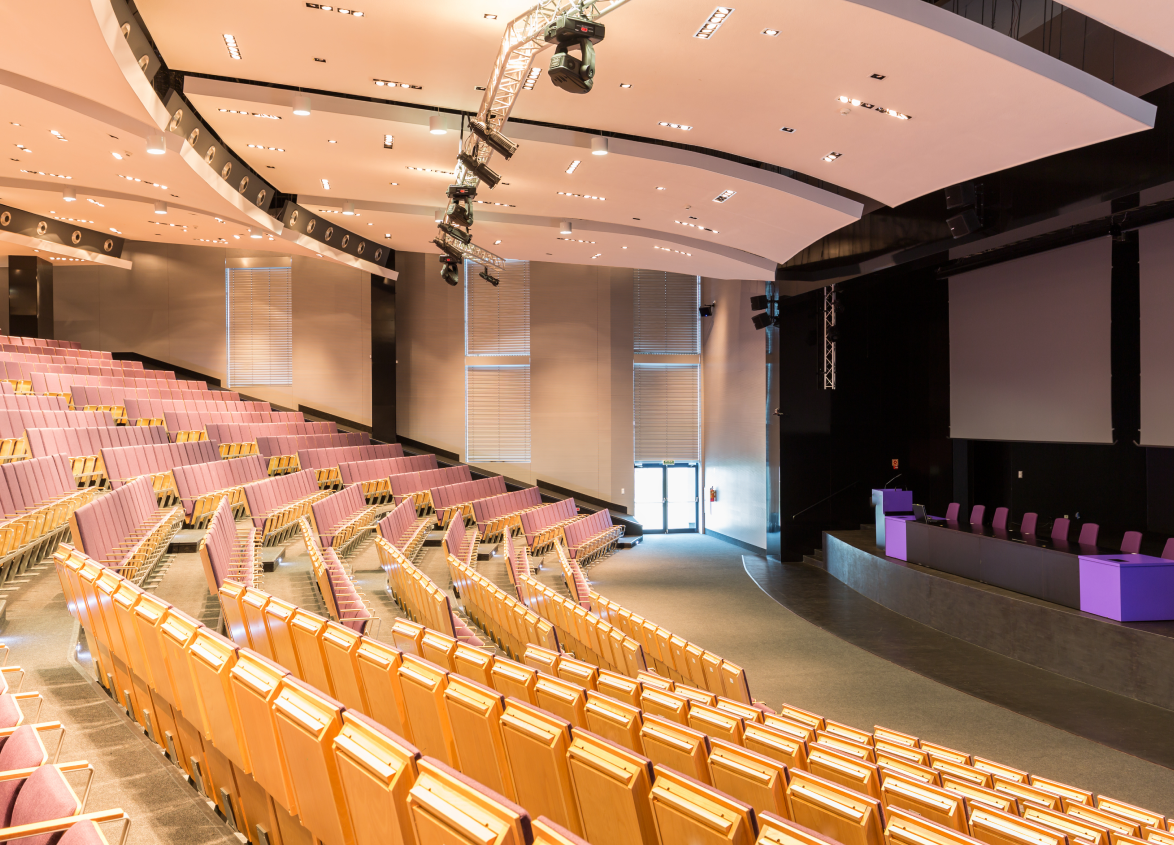
Hospitality
Health and Wellness Trends in 2025: How Hotels Can Stay Ahead
April 30, 2025
The growing focus on well-being presents the hotel sector with challenges and opportunities in catering to health-conscious guests.
To stay competitive amid evolving health and wellness trends, the hotel industry must demonstrate adaptability by embracing personalised services, innovative technologies and sustainable practices. Guests are not just looking for luxury but also exploring experiences that contribute to their physical, mental and emotional well-being.
Hotels that successfully adopt these trends in the wellness industry will provide a growing niche for travellers, eventually strengthening long-term loyalty and positive brand image.
Personalising Wellness Experiences for Guests
Modern travellers no longer settle for one-size-fits-all wellness programmes. Instead, they seek personalised wellness experiences that align with their unique health goals, whether enhancing fitness, deep relaxation or overall well-being. Hotels that embrace this shift can provide guests with meaningful, results-driven wellness journeys.
By leveraging technology, expert consultations and flexible programming, hotels can craft tailored wellness plans that cater to different guest profiles. A fitness enthusiast may benefit from AI-powered workout recommendations, while a relaxation seeker might prefer guided meditation sessions and customised spa treatments.
The key to success is creating dynamic and guest-centric wellness initiatives that evolve with changing trends. Personalisation elevates guest satisfaction and fosters long-term engagement, positioning hotels as leaders in the ever-growing wellness travel sector.
Wellness Programmes to Meet Individual Needs (Fitness, Nutrition, Spa Treatments)
Guest often seeks personalised wellness experiences, including workout regimes, nutritional counselling and spa treatments. Upon arrival, the hotel can carry out detailed assessments to erect an amenity programme calibrated to the health goals of each guest. For example:
Relaxation-Focused Guests: Custom-made yoga sessions, stress-relief massages and meditation workshops.
Fitness Enthusiasts: Exclusive workout plans, personal training sessions and high-protein meal plans.
Detox Seekers: Juice cleanses, herbal therapies and guided detox curriculum.
Carefully curated health assessments will ensure that everything works well for every guest. Each wellness retreat is tailored to address specific needs and requirements, thereby truly defining the quality of one's stay.
Technology Integration to Track and Customise Health Plans (Apps, Wearables)
The use of technology is a key factor in boosting personalised wellness trends. Hotels can adopt:
| Technology | Benefits |
|---|---|
| Wearable Devices | Monitors fitness, sleep and stress levels |
| AI-Powered Health Apps | Offers custom-built health recommendations |
| Smart Hotel Rooms | Controls lighting, temperature and air quality |
| Virtual Reality Therapy | Provides guided meditation and relaxation programmes |
Such technology-related synergy empowers guests and helps hotels optimise their services based on data insights. The latest conveniences integrated into upscale wellness hotels include smart mirrors, AI-powered gym trainers and virtual reality-influenced meditative experiences.
The Rise of Wellness Retreats and Immersive Experiences
With travellers becoming more aware of their holistic health, the trend of devoted wellness retreats and completely immersive experiences has skyrocketed. Guests no longer want just a day's worth of spa treatments; they pursue fully integrated wellness journeys that could include physical fitness, mindfulness and mental well-being.
The prevalence of health and wellness industry trends has prompted hotels to create bespoke schedules offering greater involvement and more intense relaxation. Wellness retreats are a formal and immersive way of well-being that enables guests to spend their entire stay focusing on self-care.
These experiences comprise beyond pampering activities and well-designed programmes that seek to improve physical and mental wellness.
They offer unique options such as week-long meditation retreats, high-intensity fitness boot camps or holistic detox plans—including hotels' customised wellness packages that examine global well-being trends to meet this growing segment of clientele.
Offering Specialised Wellness Retreats that Include Fitness, Mindfulness and Holistic Therapies
Hotels are curating specialised retreats that combine different categories of fitness activities with mindfulness practices and holistic therapies. These retreats would involve structured programmes, including meditation, walks in nature and workshops focusing on mental well-being.
Be it a stress relief retreat or a digital detox programme. Hotels are developing custom-designed packages that target guests interested in a complete wellness journey. These retreats have local cultural elements that help make them unique and life-altering experiences.
The Importance of Destination Wellness and Aligning it with Local Culture and Nature
Wellness trends complement the local culture and natural environment, thus making the experience authentic. Such hotels can use healing techniques, such as native herbs, for treatments and offer activities to integrate their guests into nature. These secluded hotels can take well-being to a higher dimension.
This approach heightens the visitor experience while nurturing local communities and natural environments. Beachfront yoga retreats, mountain wellness hikes and forest bathing excursions from hotels show how places can tap into their native domain to create these experiences.
Advanced Wellness Facilities and Amenities
Like innovation and state-of-the-art amenities, the future of wellness in hospitality truly lies with those travellers who are looking for more than just traditional spas and gyms but will prefer high-tech wellness ways to achieve and enhance the whole self.
The latest wellness trends mainly revolve around evidence-based primary therapy uses; therefore, hotels now invest in and develop high-tech wellness facilities to meet customer expectations.
Incorporating Cutting-Edge Wellness Technologies (Cryotherapy, Hydrotherapy pools)
Sophisticated modern wellness technologies such as cryo-chambers, hydro pools, red-light therapies and infrared saunas accommodate guests' desires for well-being improvement. The centre caters to therapeutic interests, from muscle recovery to circulation, for relaxation and physical rejuvenation.
Smart wellness hotel rooms with circadian lighting and air purification systems are also becoming vital to the health and wellness industry trends.
Providing Wellness-Centered Treatments (Acupuncture, Aromatherapy, Sound Therapy)
With various treatments, including acupuncture, aromatherapy and sound therapy, hotels can accommodate multiple aspects of health at leisure. For example, sound treatment could give the guest a deep relaxation period, enhancing mental clarity to de-stress and improve mental well-being.
Holistic healing therapies such as Reiki, Ayurveda and crystal therapy are also gaining traction in wellness-focused hotels.
Sustainable Wellness Practices in Hotels
Sustainability and wellness go hand in hand, with guests actively seeking environmentally responsible options. Sustainability is no longer just an added feature—it’s an expectation. Travellers are increasingly drawn to hotels that prioritise eco-friendly wellness initiatives, from using sustainable products to implementing energy-efficient systems.
As health and wellness industry trends shift toward responsible tourism, hotels that champion green initiatives will gain a competitive edge.
By integrating sustainability into their wellness programmes, hotels can appeal to eco-conscious travellers while positively impacting the environment. Eliminating single-use plastics, utilising organic spa products or sourcing food from local farms are ways hotels can embrace sustainable wellness trends, enhancing guest satisfaction and environmental responsibility.
Eco-Friendly Wellness Initiatives (Sustainable Products, Energy-Efficient Systems)
Implementing sustainable practices such as:
- Using eco-friendly products and reducing plastic waste.
- Implementing energy-efficient lighting and water conservation methods.
- Offering organic and cruelty-free spa products.
These initiatives demonstrate a hotel's commitment to environmental stewardship while enhancing guest satisfaction.
Partnering with Local, Organic and Eco-Conscious Brands for Wellness Offerings
Partnering with local, organic and eco-conscious brands enhances the authenticity and sustainability of wellness offerings. By sourcing spa products and dining ingredients from local suppliers, hotels support the community and reduce their carbon footprint, appealing to guests who prioritise sustainability.
Wellness Dining: Offering Nutrient-Rich and Health-Conscious Menus
Culinary experiences are central to current wellness trends, with guests seeking nutritious and delicious dining options.
Development of Plant-Based, Organic and Locally Sourced Dining Options
Developing menus that feature:
- Organic Ingredients: Free from harmful chemicals and pesticides.
- Locally Sourced Produce: Supporting regional farmers and sustainability.
- Superfoods: Rich in antioxidants, vitamins and minerals.
Providing Guest Education on Nutrition Through Cooking Classes and Food Experiences
Hotels are enhancing guest engagement by offering:
- Cooking classes featuring plant-based meals.
- Farm-to-table dining experiences.
- Guided nutrition workshops with dietitians.
These activities empower guests to incorporate healthy practices into their daily lives and position the hotel as a leader in wellness industry trends.
Sleep Optimisation: The Key to Restorative Stays
Recognising the importance of quality sleep, hotels are implementing measures to ensure guests enjoy restorative rest.
Hotels are providing amenities such as:
- Specialised mattresses with orthopaedic support.
- Blackout curtains and soundproof rooms.
- Aromatherapy diffusers and sleep-inducing essential oils.
- Weighted blankets to enhance relaxation.
Some hotels also offer sleep programmes with relaxation techniques and pre-sleep rituals to enhance restfulness.
Digital Detox and Mental Wellness
As digital overload becomes a growing concern, hotels offer programmes to help guests disconnect and rejuvenate mentally.
Creating Digital Detox Programmes to Help Guests Disconnect from Screens
Designing packages encouraging guests to unplug from electronic devices fosters mindfulness and presence. Some hotels provide designated tech-free zones, guided meditation sessions and nature-based experiences to help guests reestablish a healthy balance between technology and well-being.
Offering Mental Wellness Programmes (Meditation, Mindfulness, Relaxation Therapies)
Incorporating mental wellness activities such as meditation, mindfulness workshops, stress-management therapies and journaling sessions caters to guests seeking emotional and psychological well-being. These programmes align with health and wellness industry trends, offering guests a holistic approach to relaxation and rejuvenation.
How Hotels Can Stay Ahead
Investing in Wellness Infrastructure
Hotels should continuously upgrade their wellness amenities, from high-tech fitness centres to spa facilities, ensuring they meet the latest health and wellness trends.
Partnering with Wellness Experts
Collaborating with nutritionists, fitness trainers and holistic health practitioners can help hotels offer scientifically backed wellness programmes.
Training Staff on Wellness Culture
Educating employees on wellness industry trends ensures they can provide expert guidance and enhance guest experiences through knowledgeable service.
Conclusion
As the demand for wellness-driven travel grows, hotels must embrace new trends in wellness to meet evolving guest expectations. By personalising wellness experiences, incorporating cutting-edge facilities, prioritising sustainability and investing in mental well-being, hotels can position themselves as leaders in the health and wellness industry trends.
Staying ahead requires innovation, commitment and a holistic approach to well-being. This ensures that guests leave refreshed and inspired to continue their wellness journey.
MUST READ
Looking for something specific?
We'd be delighted to help you.

